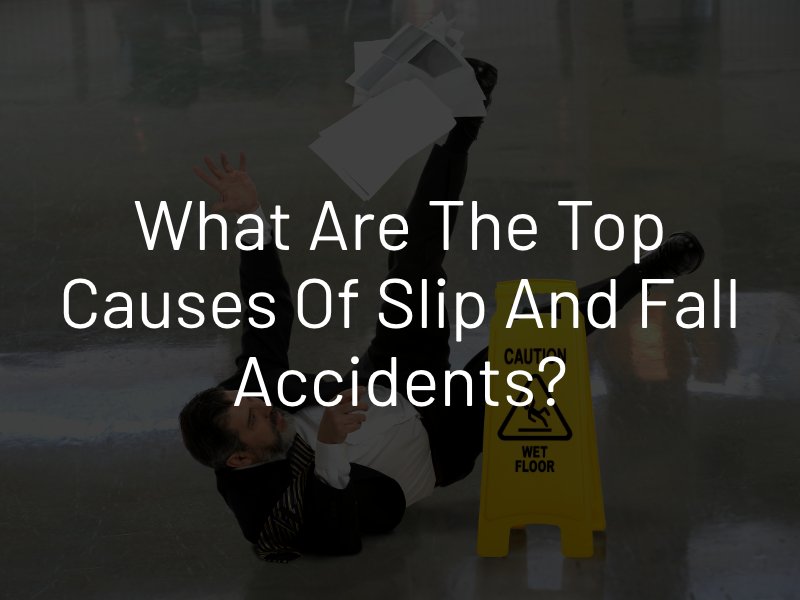Slip and fall accidents are a common reason for premises liability claims in Nebraska. It is a property owner’s responsibility to prevent slip and falls by properly maintaining a premises. The owner may need to inspect the property for floor defects, remedy obvious hazards and warn visitors of known fall risks. When a property owner fails in these duties, many types of slip and fall accidents can occur.

Wet Floor Accidents
Slipping and falling on a premises can occur if an uncleaned and unmarked spill is on the floor. A spilled drink in a restaurant, fallen product at the grocery store, freshly mopped floor at the office or leaking water pipe in a bathroom could all lead to a harmful slip and fall accident and related injuries. It is up to the property owner to inspect the floors of an establishment regularly for spills or moisture collection.
An establishment that welcomes customers, such as a shopping center or supermarket, should have protocols for mopping up or cleaning spilled liquids within a reasonable amount of time. The store owner should also have warning signs ready to use, such as Caution: Wet Floor signs when it is raining. If a reasonable business or property owner would have done something more to prevent the slip and fall accident on a wet floor, the owner could be liable for damages.
Grease or Wax Accidents
Many property owners wax their floors to keep them sparkling. It is up to the owner, however, to do so while still keeping property visitors safe. This may mean waxing after business hours or warning customers about slippery floors with signs. It could also mean ensuring the type of wax does not leave a greasy or waxy residue. Other slip and fall accidents happen due to greasy floors, such as in warehouses. Workers may slip on a spot of grease on the floor and suffer injuries such as broken bones or sprained muscles. Employers and their workers should all take steps to prevent greasy floors.
Food Debris Accidents
A customer slipping on food debris at a grocery store, supermarket, restaurant or bar is a common disaster. Any establishment that serves or sells food should take care to prevent spilled or dropped food debris from sitting on the floor longer than is reasonable. Staff members should scan the floors regularly and clean up food debris that could pose slip and fall hazards. If an establishment fails to notice or ignores food debris for an excessive amount of time, a customer that slips on the item and falls may be able to file a negligence claim against the company.
Defective Flooring Surface Accidents
Some walking surfaces have flaws and defects that contribute to slip or trip and fall accidents. A defective sidewalk, for instance, could have a bump or crack that trips a customer when walking up to the store. Floors inside may be warped, uneven, cracked, peeling, crumbling, collapsing or loose. A landowner has a legal obligation to remedy known floor defects within a reasonable time. If a prudent property owner would have noticed the floor defect and repaired it before the date of the accident, the owner in question may be responsible for the fall.
Ice and Snow Slip and Falls
Slip and fall accidents involving the elements are common in Nebraska. While a property owner cannot control the weather, he or she may be able to control how much precipitation impacts the safety of his or her premises. If snow falls overnight, for example, and the store owner knows it will create a risk of slip and fall accidents in the parking lot, the owner should arrange snow shoveling or another solution first thing in the morning. Failing to prepare for the elements or prevent foreseeable slip and fall risks is negligence.
If you believe you have a claim against a property owner for your slip and fall accident, call a Omaha slip and fall accident attorney to assist you with the legal process. A premises liability lawyer may be able to help you hold someone else liable.
